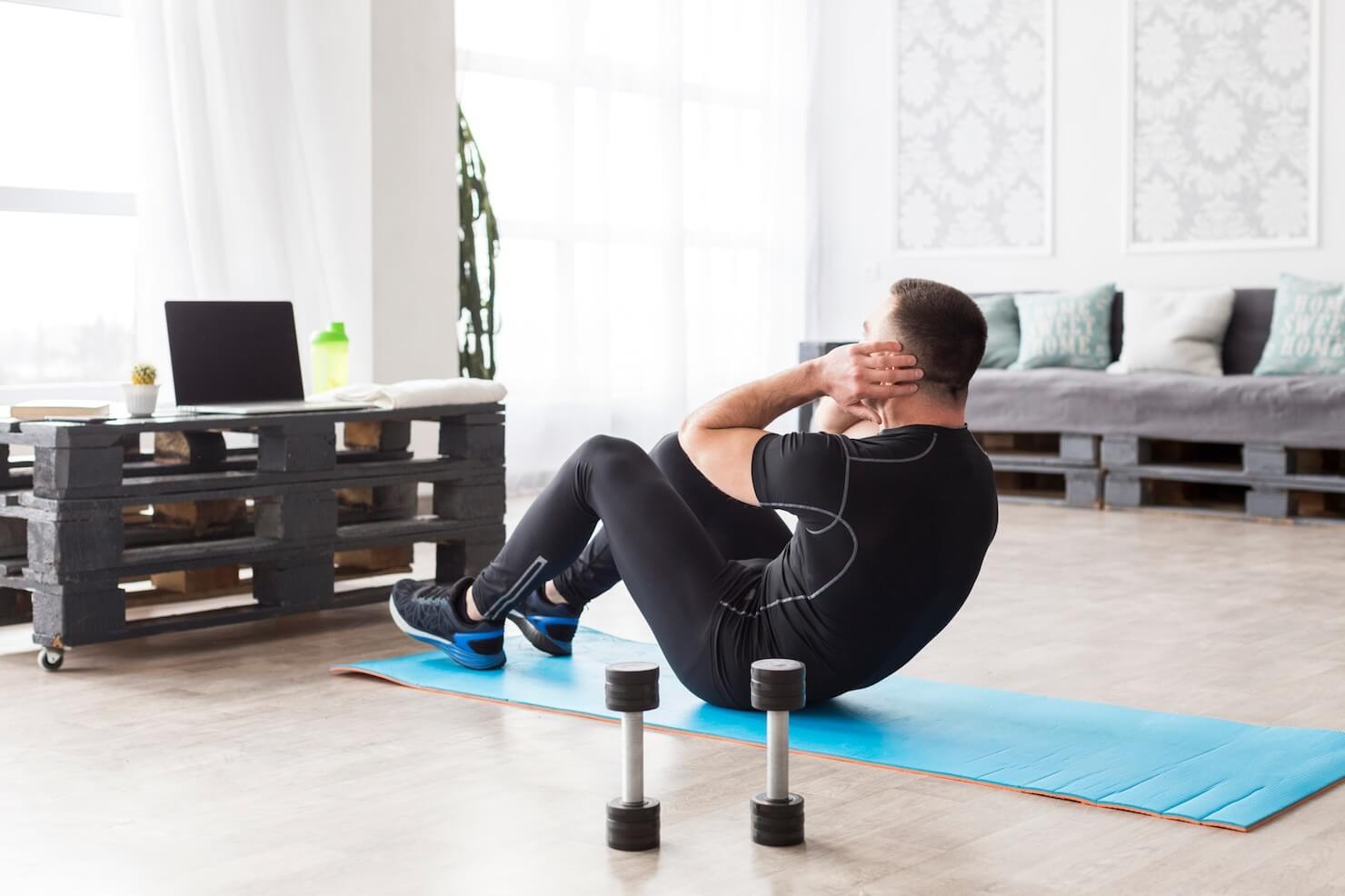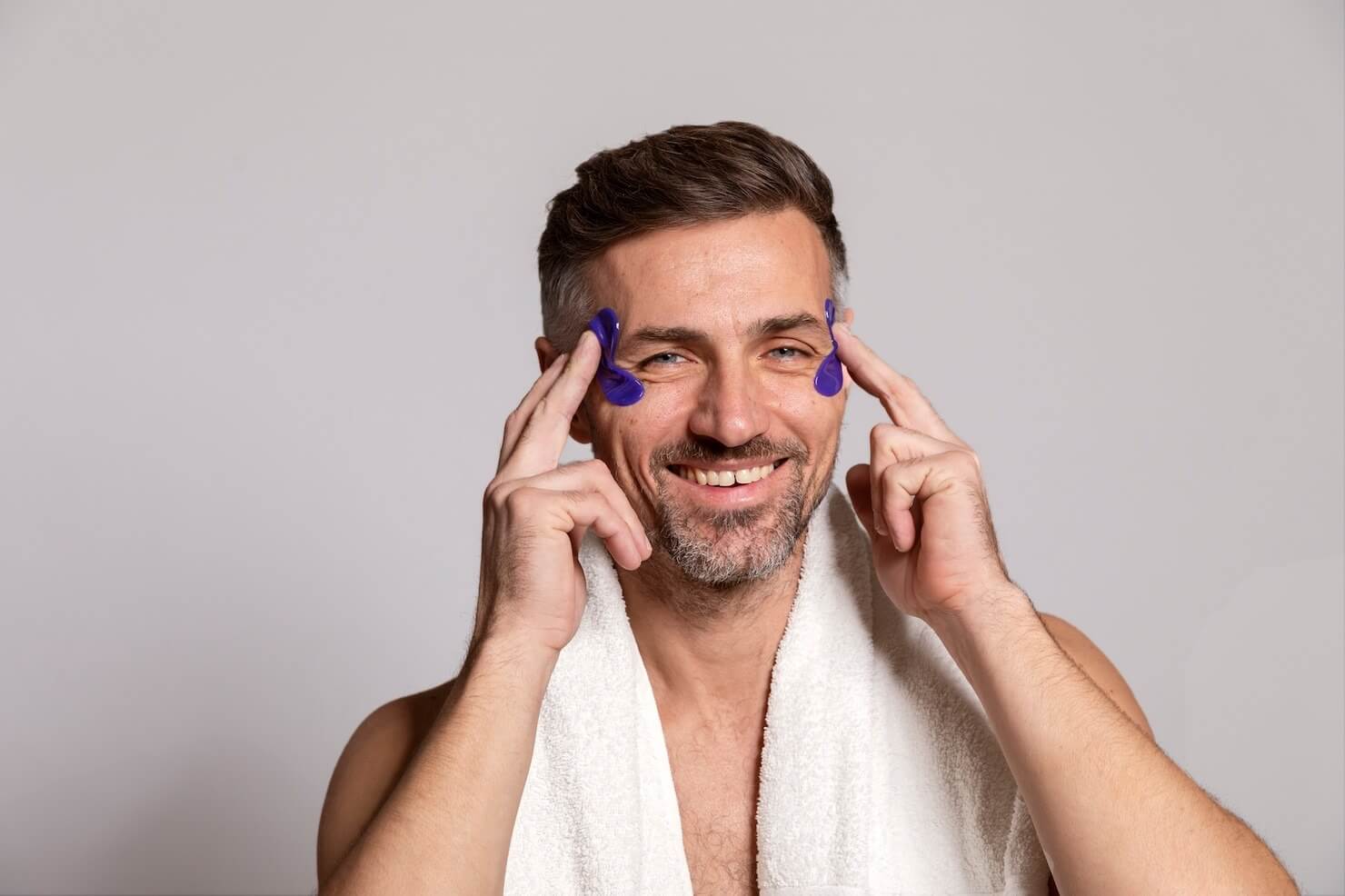For a long time, self-care has been viewed as something primarily for women, but the tide is changing. Men, too, are beginning to recognize the importance of taking time to focus on their mental, physical, and emotional well-being. Yet, societal stigmas still exist, causing many men to shy away from the idea of self-care for fear of being seen as weak or unmasculine.
In this article, we will explore the importance of self-care for men, break down the stigmas that surround it, and provide practical steps to prioritize wellness without feeling guilty or less “manly.”
Why Self-Care Is Important for Men

Self-care is often associated with things like spa days, skincare routines, or meditation, but it goes much deeper. It’s about making conscious decisions to live healthier, reduce stress, and improve both mental and physical health. For men, practicing self-care is crucial in today’s fast-paced world, where stress, pressure, and societal expectations can take a toll on overall well-being.
Here’s why self-care should be a priority for men:
1. Physical Health Benefits
Men are often more prone to ignore health issues until they become serious. Self-care encourages regular health check-ups, better eating habits, and maintaining an active lifestyle. Activities like exercise, getting enough sleep, and eating balanced meals are foundational aspects of self-care that improve physical health, reduce the risk of chronic illnesses, and enhance longevity.
2. Mental Health Support
Mental health awareness has come a long way, but men still face pressure to remain stoic in the face of emotional or psychological challenges. Studies show that men are less likely to seek help for mental health issues, including depression and anxiety. Self-care practices like mindfulness, journaling, or simply taking time off can provide much-needed mental health support, reducing stress and enhancing emotional well-being.
3. Improved Work-Life Balance
In an era of 24/7 connectivity, it’s easy to get consumed by work, which can lead to burnout. Self-care encourages men to draw healthy boundaries between work and personal life. By taking time for hobbies, relaxation, and social connections, men can achieve better work-life balance, resulting in higher productivity and personal satisfaction.
4. Building Stronger Relationships
Men who practice self-care are more emotionally available, communicative, and empathetic, leading to healthier relationships. Whether it’s in romantic partnerships, friendships, or professional relationships, taking care of oneself helps in understanding and meeting the needs of others more effectively.
Breaking the Stigma: Why Self-Care Doesn’t Make You “Less Manly”
For years, societal norms have taught men to prioritize work, toughness, and external success over emotional well-being. Unfortunately, this mindset often leads to burnout, mental health issues, and strained relationships. The stigma surrounding self-care for men has often been tied to outdated perceptions of masculinity, where vulnerability or self-nurturing is seen as weakness.
It’s essential to redefine what it means to be “manly.” Self-care isn’t about indulging in luxury treatments (though it can be), but about taking responsibility for one’s health—both physical and emotional. True strength comes from recognizing and addressing your own needs. Embracing self-care should be viewed as an act of courage and self-respect.
Practical Self-Care Tips for Men

Implementing self-care doesn’t require massive lifestyle changes. Small, consistent practices can go a long way in improving overall wellness. Here are some simple self-care tips that men can easily incorporate into their daily routines:
1. Get Regular Exercise
Whether it’s hitting the gym, running, swimming, or even a 20-minute home workout, physical activity is one of the best ways to manage stress, boost mood, and maintain physical health. Choose activities you enjoy to make exercise a sustainable part of your routine.
2. Prioritize Sleep
Many men sacrifice sleep for work, entertainment, or other commitments, not realizing how critical sleep is for overall health. Aim for 7-9 hours of quality sleep per night to improve mental focus, mood, and energy levels.
3. Practice Mindfulness and Meditation
Mindfulness practices, such as meditation or deep breathing, can help men manage stress, anxiety, and overwhelming emotions. Just 10 minutes a day can make a difference in reducing mental clutter and improving focus.
4. Maintain a Healthy Diet
Diet plays a crucial role in how you feel physically and emotionally. A well-balanced diet rich in whole grains, lean proteins, fruits, and vegetables can fuel your body and brain. Avoid excessive junk food, processed sugars, and alcohol, which can contribute to low energy and mood swings.
5. Connect with Others
Men are often socialized to avoid talking about feelings or seeking emotional support, but staying connected with friends, family, and loved ones is crucial for emotional well-being. Don’t hesitate to lean on others, whether for a casual chat or more serious conversations.
6. Schedule Regular Health Check-Ups
Preventive care is a key component of self-care. Don’t wait until something is wrong—schedule routine check-ups with your doctor to monitor blood pressure, cholesterol, and other vital health metrics.
7. Set Boundaries
Whether it’s at work or in personal relationships, it’s essential to set boundaries to protect your time and energy. Learn to say no when necessary and take time for yourself without feeling guilty.
8. Engage in Hobbies
Taking time to do something you enjoy—whether it’s playing a sport, reading, gaming, or creating art—can help reduce stress and improve your overall happiness.
Self-Care Myths Debunked

Let’s clear up some common misconceptions about self-care for men:
- Myth 1: Self-care is selfish.
In reality, self-care is about maintaining your well-being so that you can be there for others. It helps you perform better in all areas of life. - Myth 2: Self-care is just for women.
Self-care is gender-neutral. Everyone benefits from taking time to focus on their mental, emotional, and physical health. - Myth 3: Self-care requires too much time.
Self-care doesn’t have to be time-consuming. Small actions, like a 5-minute meditation session or a 15-minute walk, can have significant positive effects.
Frequently Asked Questions (FAQs)
Q1: What are some simple self-care activities men can do daily?
Some simple self-care activities include exercising for 20-30 minutes, practicing mindfulness or meditation, getting enough sleep, eating a balanced diet, and setting aside time for hobbies or relaxation.
Q2: Why is there stigma around self-care for men?
The stigma arises from traditional gender norms that portray men as tough and self-reliant. This perception can make men feel that caring for their emotional and physical well-being is a sign of weakness, though this view is changing.
Q3: How can men balance self-care with their busy schedules?
Men can incorporate self-care into their daily lives by scheduling short breaks, setting boundaries with work, practicing mindfulness during downtime, and making time for exercise and social connections.
Q4: Is self-care the same as pampering?
Not exactly. While pampering (like spa treatments) can be a part of self-care, it also includes activities like regular exercise, mental health check-ins, setting boundaries, and ensuring a healthy diet.
Q5: How can self-care improve mental health in men?
Self-care practices like mindfulness, exercise, and spending time with loved ones can help reduce stress, anxiety, and depression. Taking time to address emotional needs supports better mental health.




